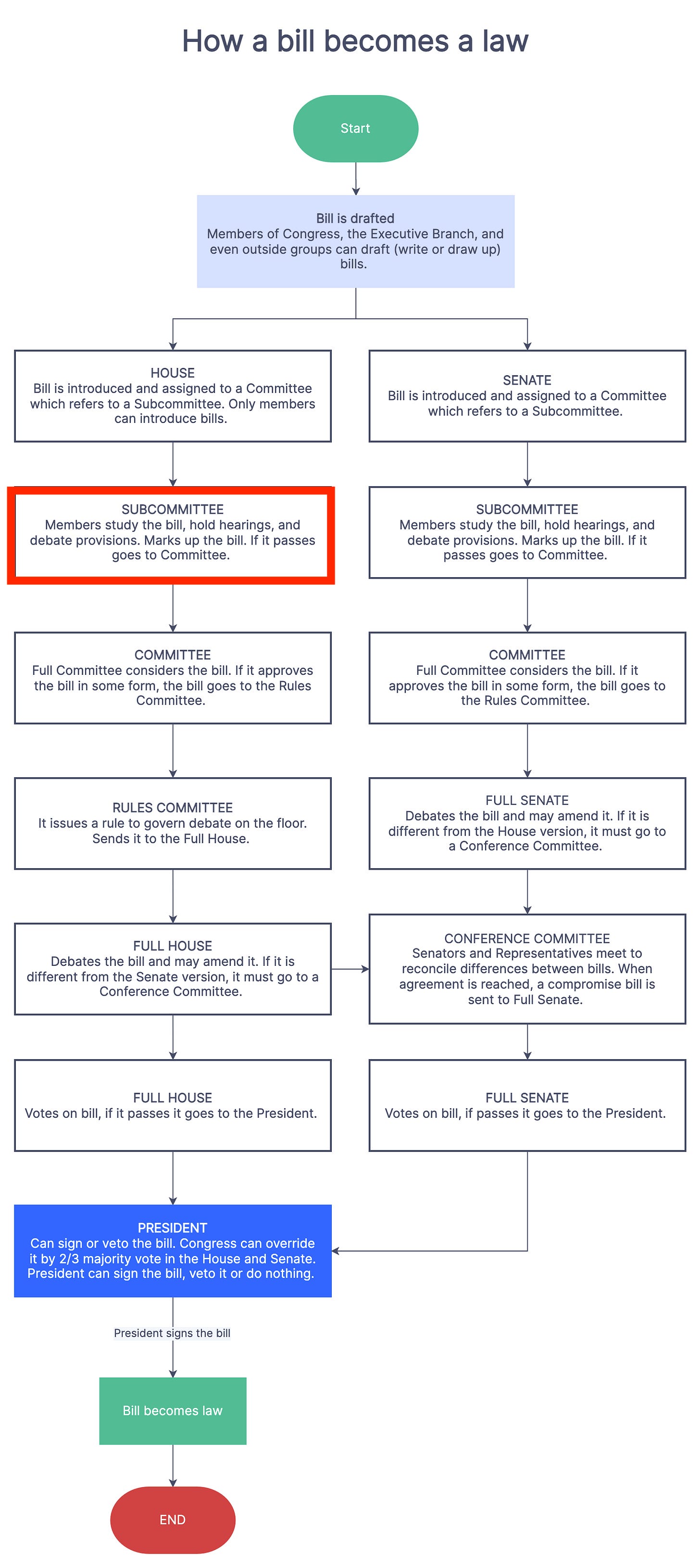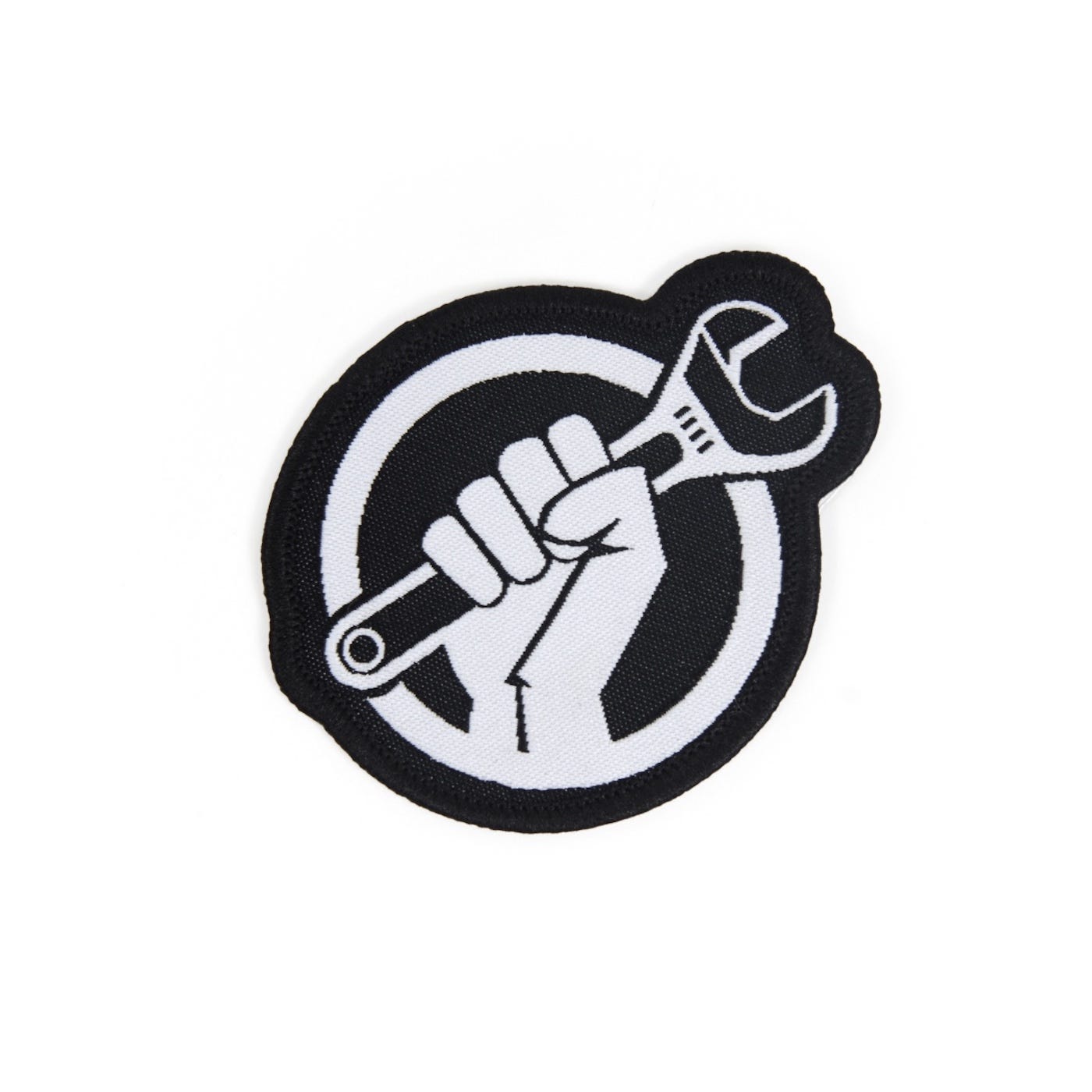REPAIR Act Advances In U.S. House
We are one step closer to a federal law for car repair, but the climb is long. Also: UK court allows "batterygate" case against Apple to proceed. And: court document highlights Amazon's monopoly.
After weeks of delay as the U.S. House of Representatives struggled to appoint a Speaker, the House advanced a critical auto repair bill on Thursday. The Subcommittee on Innovation, Data and Commerce on Nov. 2 favorably reported HR 906, the REPAIR Act, a bipartisan bill aimed at preserving consumer choice and independent repair shops' access to vehicle diagnostic data, the Auto Care Association announced in a news release.
The law, known as the "Right to Equitable and Professional Auto Industry Repair Act" or the "REPAIR Act" is based on a 10 year old Massachusetts law that ensures that vehicle owners and independent auto repairers have access to the data, tools, and information they need to repair and maintain motor vehicles. Since 2014, automakers have recognized the terms of that state law nationally via a memorandum of understanding (MOU) signed between major automakers and the automotive aftermarket repair industry.
Since then, the Massachusetts law was updated by voters in 2020 to give owners and independent repair shops access to wireless vehicle telematics data. However, rather than embrace that change, automakers challenged it in federal court alleging the state is preempting federal vehicle safety laws. The case has languished for more than three years, with no decision issued by the federal judge Douglas Woodlock.
The REPAIR Act would create a federal version of the Massachusetts law: prohibiting manufacturers from using technological or legal barriers to prevent access to vehicle-generated data needed for repair and maintenance and give owners and independent repair shops access to the same software, tools and parts provided to authorized repair providers at a fair cost.
The REPAIR Act received bi-partisan support at the hearing.
“When I buy a product, like a house or a stove, it belongs to me and when you buy a product, it belongs to you. But currently, when we buy vehicles, our options to repair and service our own property are diminishing,” warned Congressman Neal Dunn (FL-02) in the hearing.

Out of the frying pan…
If you were properly indoctrinated with Schoolhouse Rock’s I’m Just a Bill, you will know all bills in Congress begin in a committee. Committees can often be black holes where bills die before having been voted on by the entire legislature. The movement of the REPAIR Act into the markup phase means it has moved over yet another stumbling block in the journey to become a law. However, this also means that the bill could be subject to edits and adjustments by the committee, so hold the applause. Things are just getting started. The hoops that the bill will need to jump through before getting close to a floor vote are many. The box outlined in red is where in the process the bill sits, which means it has a long way to go before it helps anyone.

As the possibility of the bill becoming a law becomes more real, so too will the opposition toward it materialize. MOU’s have been are popping up to convince lawmakers that a law isn’t even necessary, while arguments about safety and cybersecurity continue to be major pillars of the opposition’s argument. And while opponents say that making vehicle data more available would harm consumers, the evidence continues to pile up that car companies do not protect the information and data of their customers to begin with.
The REPAIR Act hearing comes days before Maine is set to have its citizens vote directly on the issue of auto right to repair, which could add validity to the popular support for a nation-wide law, as it would become the second state in the U.S. to affirm its support for auto right to repair.
Other News
Apple's request to dismiss a lawsuit accusing the company of throttling iPhones with software updates to hide defective batteries has been rejected, allowing the case to proceed in the UK's Competition Appeals Tribunal.
A petition for Microsoft to reconsider its plan to abandon Windows 10 is being led by the U.S. Public Interest Research Group (PIRG) as it could result in millions of PCs becoming obsolete and potentially ending up in landfills. This move stands at odds with Microsoft's public environmental stances, meaning that extending support for Windows 10 is a more responsible approach in more ways than one.
A recently released court document reveals Amazon’s monopolistic practices, the American Economic Liberties Project notes. Those include flouting FTC orders, destroying internal communications documenting its practices, and something called 'Project Nessie' which employed various strategies to inflate prices across the web, generating over $1 billion in profit. The updated complaint reveals previously redacted quotes and figures, exposing the company's use of unfair tactics to maximize profits, with quotes from executives like Jeff Bezos confirming these practices.
Are Apple’s expensive ($130) charging cables worth the price? Adam Savage examines the differences between an expensive Apple Thunderbolt cable and a more affordable Amazon Basics USB-C cable. He uses CT scans to show the internal components of both cables.
Universities could play a crucial role in teaching repair skills, says the Engineering and Design Institute-London. Universities can inspire students to design products with repairability in mind, encouraging a culture that values household products as lifelong investments rather than throwaway items.
A new documentary focusing on musical instrument repair focuses on the “story of four unassuming heroes who ensure no student is deprived of the joy of music. It is also a reminder of how music can be the best medicine, stress reliever and even an escape from poverty.”
The failure to create modular mobile phones doesn’t mean its too late to start says techradar. Ten years ago, Google's Project Ara aimed to create modular smartphones, but it failed due to technical challenges and consumer adoption issues; however, the concept of modular tech, despite rare success, remains appealing for environmental sustainability and user customization, while companies like Fairphone and Framework providing examples of modularity in smartphones and laptops.

The Canadian House of Commons approved Bill C-244, which focuses on amending the Copyright Act to allow diagnosis, maintenance, and repair of Trusted Platform Module (TPM) protected products, marking a significant step for the right to repair movement; the bill will next be reviewed in the Senate.
Louis Rossmann has been embroiled in conflict with YouTube after promoting his alternative service Grayjay—having received a “strike” from the video hosting platform.
The BBC writes about how right to repair laws can reducing electronic waste and the extraction of rare-earth metals needed for new devices.



